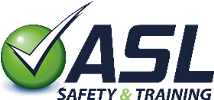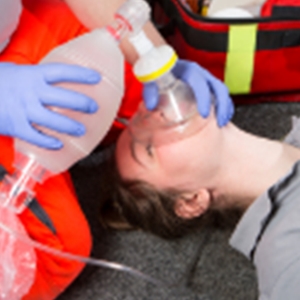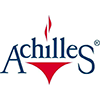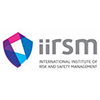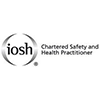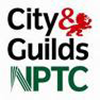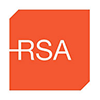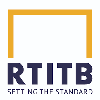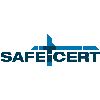EMERGENCY FIRST RESPONSE
EMERGENCY FIRST RESPONSE (PHECC)
Outline
EFR is a great stand-alone course for persons operating in a first response role who require more than the more basic First Aid Response certificate, EFR is the national standard of first aid training for Professional Fire Services in Ireland. EFR is a good career development step for those planning to pursue a career in emergency care as an Emergency Medical Technician (EMT),Fire Fighter or as an or Paramedic.
All persons registering for this course must have a valid, in-date, Cardiac First Response (CFR) OR First Aid Response (FAR) certification prior to commencing this course.
An Emergency First Response (EFR) is a person trained in Cardiac First Response that possesses additional knowledge and skills in the assessment and management of patients in a pre‐hospital environment. An Emergency First Responder may be part of the emergency medical services, a healthcare practitioner or a member of the public. The first response course equips the student to be able to deal with a variety of trauma and medical conditions.
Aim
The aim of the course is to equip the student with the relevant knowledge and skills to deliver a range of life saving techniques in an emergencies.
Objectives
Recognise and assess common life‐threatening and serious medical conditions in a pre‐hospital environment.
React to a pre‐hospital emergency utilising appropriate EFR standard of care according to PHECC CPGs.
Respond in an effective, safe and appropriate manner to a medical emergency and trauma in a pre‐hospital environment utilising the EFR skill set.
Record and report their actions and interventions appropriately during management and at handover to emergency medical services.
Retain a professional manner and approach in the performance of their duties as an EFR.
Requirements
Students must have successfully completed a PHECC Cardiac First Response community course. Students must present the CFR certificate at the start of the course. This can be a standalone CFR certificate or an in-date First Aid Responder. Students should be physically fit enough to carry out chest compression on a manikin while kneeling and a range of other pre-hospital emergency techniques.
So, Is it for You?
Typically people who undertake the PHECC Emergency First Response (EFR) course are from a wide and varied background. This course is well suited for those looking to expand on the knowledge and skills of other courses such as basic first aid and occupational first aid. It may also useful for those who need a foundation in medical training who will respond to incidents infrequently. This could include members of a retained fire service or members of an emergency response team in a manufacturing or production plant.
For students wishing to progress to higher levels or indeed the emergency services, EFR course offers a comprehensive overview and grounding of what's expected from emergency medical personnel.
Lots of people who do this course work as Retained Fire Fighters, Community First Responders, Emergency Response Team Members, Coaches from full contact sports, Rugby Coaches and Staff & people with an interest in emergency medical services who possibly wish to progress their training at a further stage to Emergency Medical Technician (EMT) or above.
Whats covered:
Primary survey
Secondary survey
Anatomy and Physiology
Continuum of pre‐hospital emergency care
Principles of lifting and moving
Pharmacology
Airway and ventilation
Respiratory emergencies
Cardiovascular emergencies
General medical emergencies
Bleeding, shock and soft tissue injuries
Musculoskeletal, head and spinal injuries
Paediatrics
Childbirth
Information management
Communications, The wellbeing of the EFR, Infection prevention and control, Medico‐legal EFR
Delivery
The course is tutor led, the tutor will use a variety of techniques to ensure all trainees are successfully trained. The course is delivered through English. Non English speaking trainees must be trained in dedicated own language courses.
Duration
The course is 5 Days (40 hours) The course can be delivered over a number of evenings or weekends as necessary.
Assessment
The assessment for the course will be split between theory examinations and practical skills demonstrations. The theory element is assessed using a multiple choice examination (MCQ) the practical element is assessed using skills sheets and scenario based practical assessments.
PHECC Certificate is issued upon successfulcompletion.
We look forward to welcoming you to this course which is normally held monthly at our centres.
Book Now at www.aslsafety.com/training
